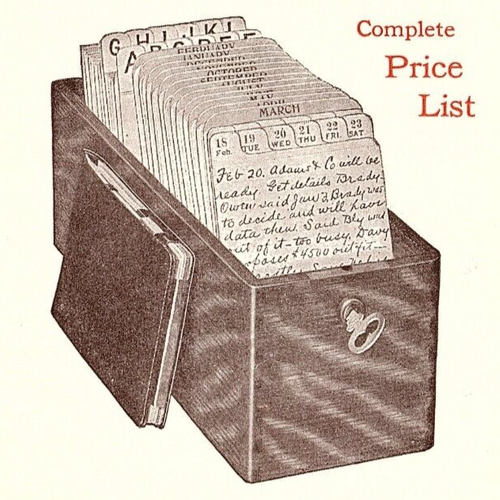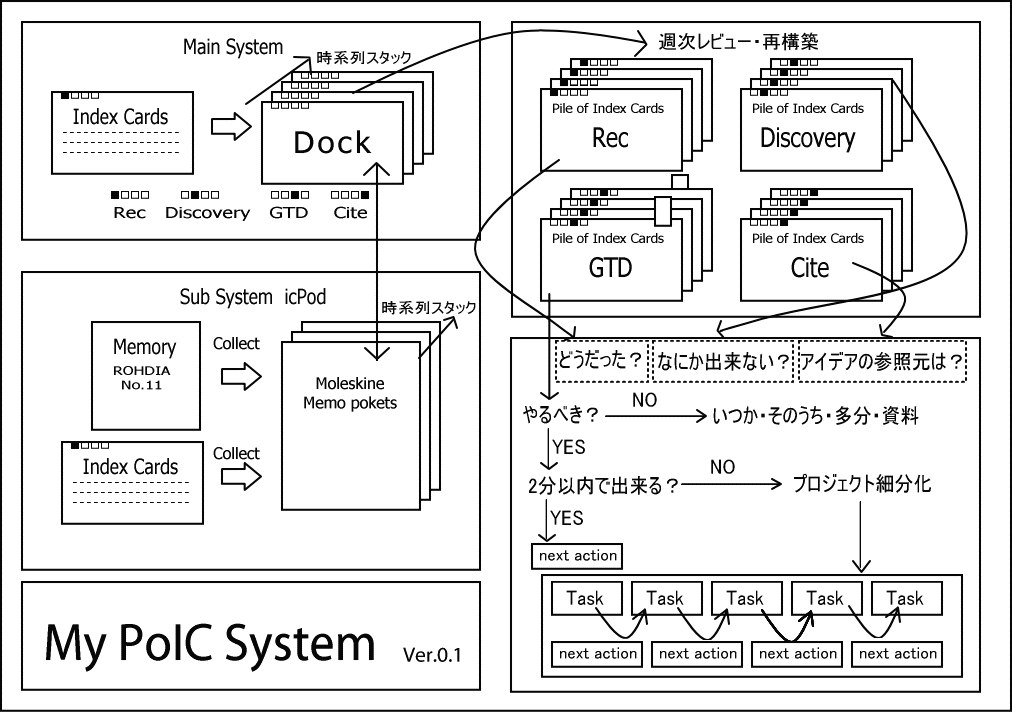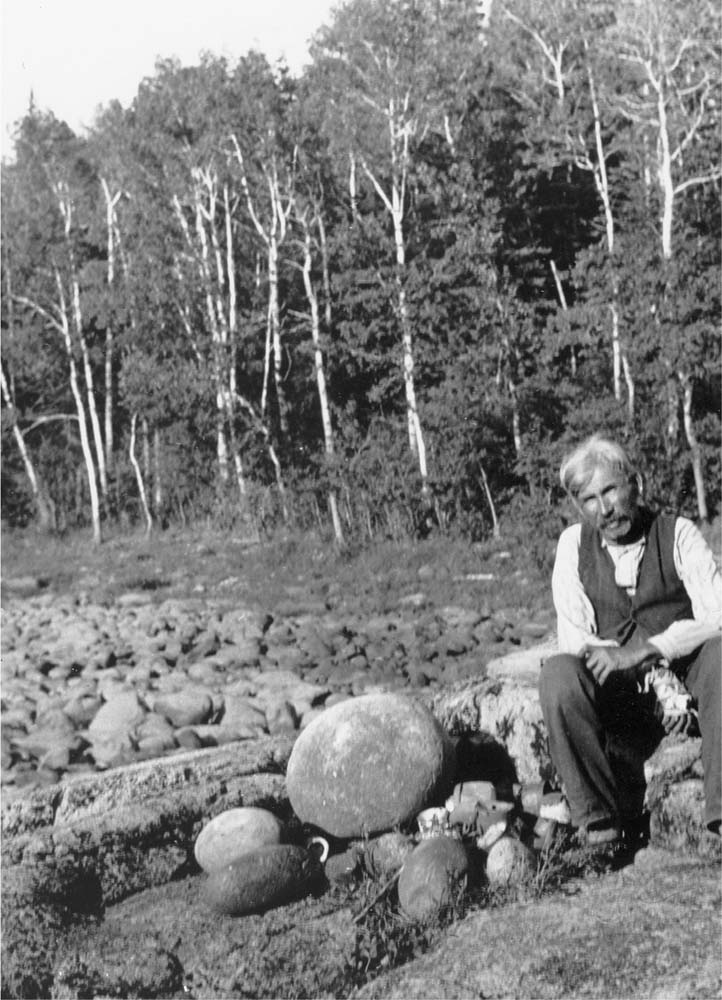reply to u/SunghoYahng at https://www.reddit.com/r/Zettelkasten/comments/15sqiq2/zettelkasten_for_normies_what_normies_really_need/
u/SunghoYahng, some of your article sounds like a pared down digital version of a commonplace book which allows for links, so it fits into the older zettelkasten tradition, just not into the more Luhmann-artig version on which this subreddit is generally more focused. Perhaps yours is closer to a digital version of the analog commonplace using index cards that Billy Oppenheimer describes having learned from Ryan Holiday and Robert Greene?
Often people focus too much on Luhmann's prodigious output and then immediately imply or say you should adopt his very specific system without describing what his system did or why it worked so well for him and his particular needs. Very few focus on what it is that they want to accomplish and how they might use his system or the thousands of variations on it throughout history to come to those goals as quickly and easily as they can.
You commit a version of this sin in your opening lines:
The content about Zettelkasten is mostly too long and practically useless. The purpose of this text is to write only what normies really need to know.
Who are these so-called "normies" and what specifically are they trying to accomplish? You don't define either of them, and possibly worse do it in a negative framing. The system you're describing might be a great one, but for whom? What do you expect them to use it for? What will they get out of it?
Many people talk about the "magic" of a zettelkasten and then wave their hands at some version of a workflow of what they think it is or what they think it should be. Perhaps what we all really need is a list of potential affordances that different methods allow and how one might leverage those affordances. How might they be mixed and matched? Then users can decide what outcomes they wish to have (writing, thinking, aggregation, bookmarking, collecting, creativity, artificial memory, serendipity, productivity, wiki, spaced repetition, learning, time wasting, etc., etc.) and which affordances are necessary within their workflow/system to effectuate those specific goals? Finally they can pick and choose a specific version of a methodology/workflow and either an analog substrate (index cards, notebooks, memory palace, etc.) or digital tool/application (Obsidian, Roam Research, The Archive, etc.) to save it all in. Of course once you've chosen that analog or digital tool, does it actually have the affordances you want or need in actual practice? Are they easy to use? Practical? Do they save you time? Are they simple or over-engineered? What happens when they scale to a year of regular use or even a lifetime?
As a simple example, many writers would love a seriously good outliner functionality in their system to pull out the materials they want to work with and then appropriately order them for a potential final written output. In practice, index cards on a big table are fantastic for this process while most (all?) current digital tools are miserable at it. And of course once you've gotten the outline you like in an analog space you have to type it all out to print/publish in a final form, something which the digital affordance of cut and paste would make much simpler. Who wouldn't love a tool that could give you all of these affordances, presuming you needed them?
While we're on outlining, very few talk about the ease-of-use that some professional outliners like Dave Winer's Drummer or Little Outliner have versus some of the more text-editing focused tools like Obsidian which are generally poor as outliners (if you could even call them that) in comparison.
If you're interested in folgezettel and outlining, you might appreciate some subtleties in Bob's piece: https://writing.bobdoto.computer/folgezettel-is-not-an-outline-luhmanns-playful-appreciation-of-disfunction/
cross reference https://hypothes.is/a/OhcWSjxyEe6V8DP9P6WNQQ





 Chief William Berens seated beside the living stones of his elders; a picture taken by A. Irving Hallowell in 1930, between Grand Rapids and Pikangikum, Ontario, Canada. (American Philosophical Society)
Chief William Berens seated beside the living stones of his elders; a picture taken by A. Irving Hallowell in 1930, between Grand Rapids and Pikangikum, Ontario, Canada. (American Philosophical Society)